How you can help rescue child soldiers this Red Hand Day
According to UNICEF there are 250,000 children forced to fight in wars and armed conflicts around the world. On this Red Hand Day for Child Soldiers we talk to a teenage survivor from South Sudan
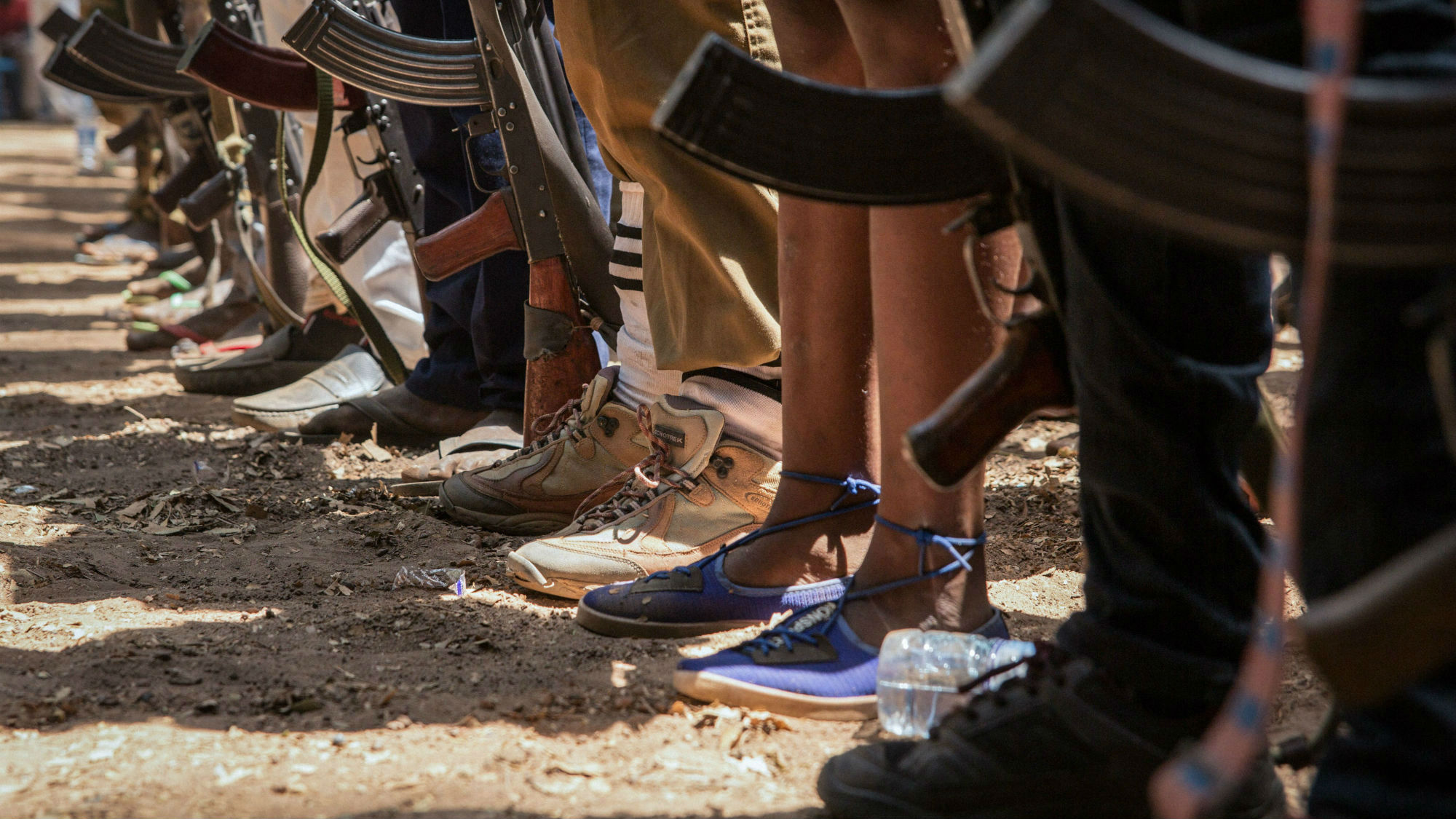
According to UNICEF there are 250,000 children forced to fight in wars and armed conflicts around the world. On this Red Hand Day for Child Soldiers we talk to a teenage survivor from South Sudan
As part of their campaign calling for the release of all child soldiers, UNICEF, the world's leading organisation working for children in danger, is focusing its attention on Africa's South Sudan this year. Red Hand Day (12 February) is an annual commemoration drawing attention to the plight of these children and teenagers forced to serve as soldiers across the globe.
Girls are often at risk to many abuses - subjected to sexual violence and falling pregnant underage - they are usually recruited as armed fighters, lookouts, cooks, messengers and spies. And for the ones who are eventually freed, many face stigma and isolation back home. They also have physical health issues (damage related to intercourse, STDs and HIV) and psychological trauma.
One such girl is Margret*. Just like many former child soldiers in South Sudan, Margret doesn’t know exactly how old she is, citing 'sixteen,' as an unsure answer. But under her orange cotton T-shirt, stained with dirt and sweat, is a small fragile frame. In the past three years, Margret's whole world has been ripped apart. She's gone from child to child soldier, and today she is struggling to catch up on the life she has missed - lost somewhere inbetween her years and her responsibilities. And in her arms she is carrying her one-year-old son Moses*. Although he was conceived by rape - from her time held captive by fighters in the bush - Moses is her baby, her son that she loves unconditionally. Her hope for a brighter future.
Her nightmare started more than three years ago. Margret tells Marie Claire that she was walking to a market where she sold cassava leaves when she was abducted by a group of men on a dirt road outside her village. 'They grabbed me. They beat and slapped me as I tried to resist. They told me I had to go with them,' Margret recalls. 'They forced me.'
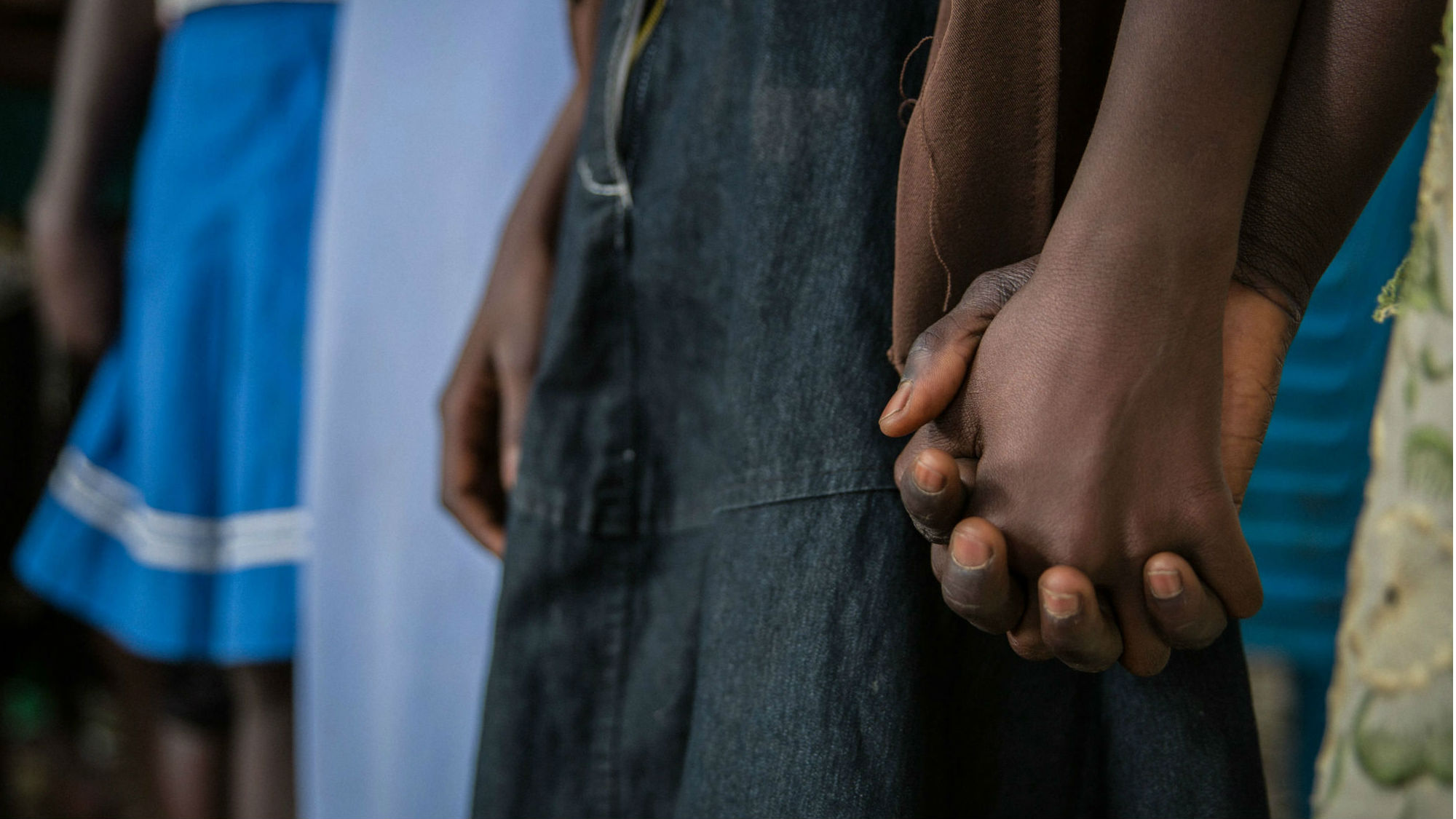
The next day, barely a teenager, Margret was raped for the first time in what was a continuous cycle for her as a child soldier. 'I looted, killed and fought without any fear,' she admits. 'When I put on the uniform, I felt nothing could happen to me. I felt powerful.'
A few months before Margret gave birth to her son, access to her camp was granted to UNICEF - after being negotiated by the charity and government agencies. 'The commanders were not happy – they considered us soldiers and wanted us to stay soldiers,' Margret explains. Suddenly during a stormy day, Margret and a dozen other children were told to ‘go home.’ In bare feet they walked through dense jungle for days.
Marie Claire Newsletter
Celebrity news, beauty, fashion advice, and fascinating features, delivered straight to your inbox!
When she finally made it home she discovered her parents had been killed by a militia group, and so sought refuge in her uncle's home. Months later, Moses was born. 'I don't see the baby as one of the perpetrators. He is my new start. I'm no longer fighting, I'm looking after my child.'
To her captors, she says defiantly, 'Look at me now, I am living fine. I have returned and started a new life.'
* Names have been changed
* How you can help children like Margret: for more information on UNICEF’s work, and to donate, see unicef.org.uk
Olivia – who rebranded as Liv a few years ago – is a freelance digital writer at Marie Claire UK. She recently swapped guaranteed sunshine and a tax-free salary in Dubai for London’s constant cloud and overpriced public transport. During her time in the Middle East, Olivia worked for international titles including Cosmopolitan, HELLO! and Grazia. She transitioned from celebrity weekly magazine new! in London, where she worked as the publication’s Fitness & Food editor. Unsurprisingly, she likes fitness and food, and also enjoys hoarding beauty products and recycling.
-
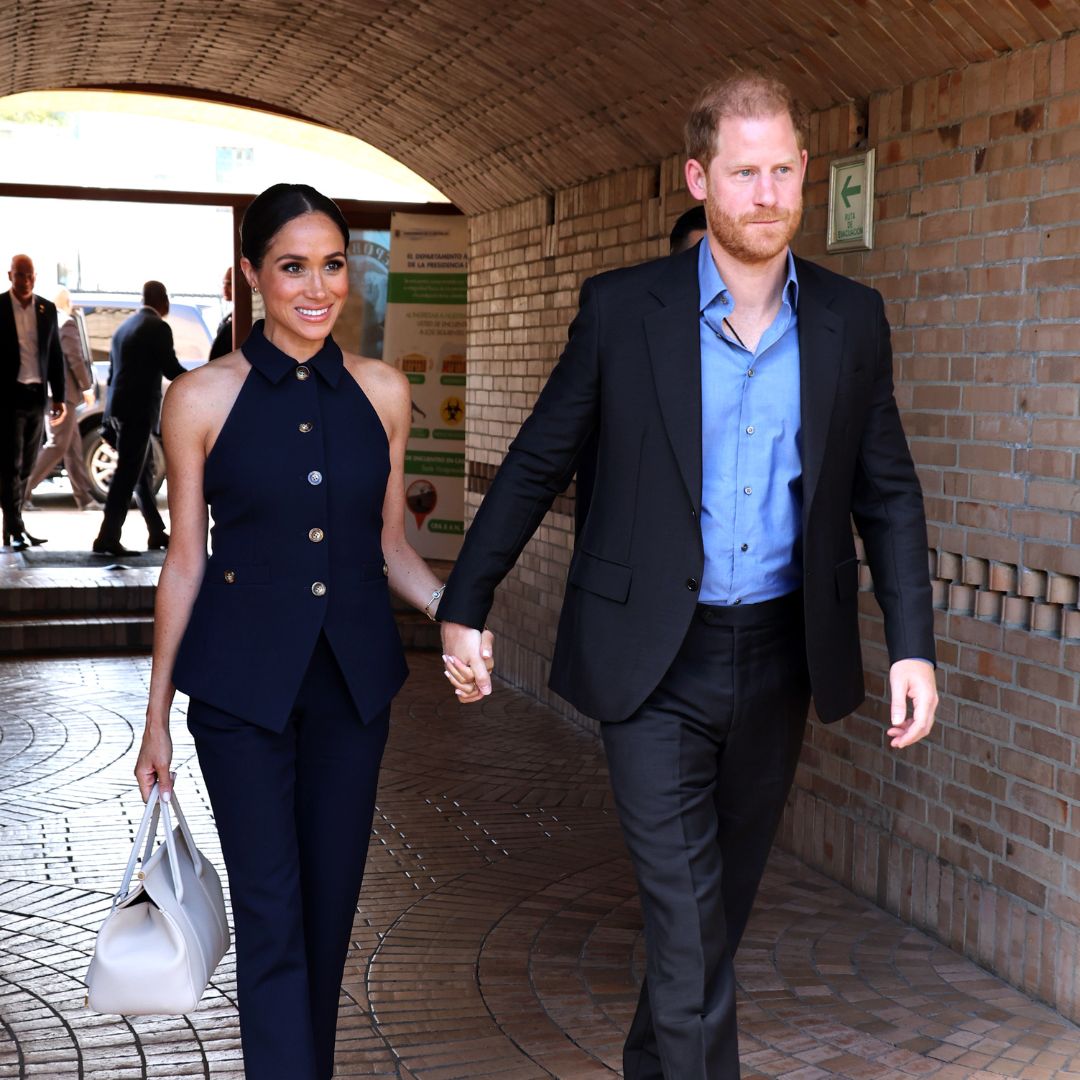 Prince Harry's "proud" words about wife Meghan Markle are going viral
Prince Harry's "proud" words about wife Meghan Markle are going viralBy Jenny Proudfoot
-
 Sources have opened up about Timothée Chalamet and Kylie Jenner's "intense" start to the year
Sources have opened up about Timothée Chalamet and Kylie Jenner's "intense" start to the yearBy Jenny Proudfoot
-
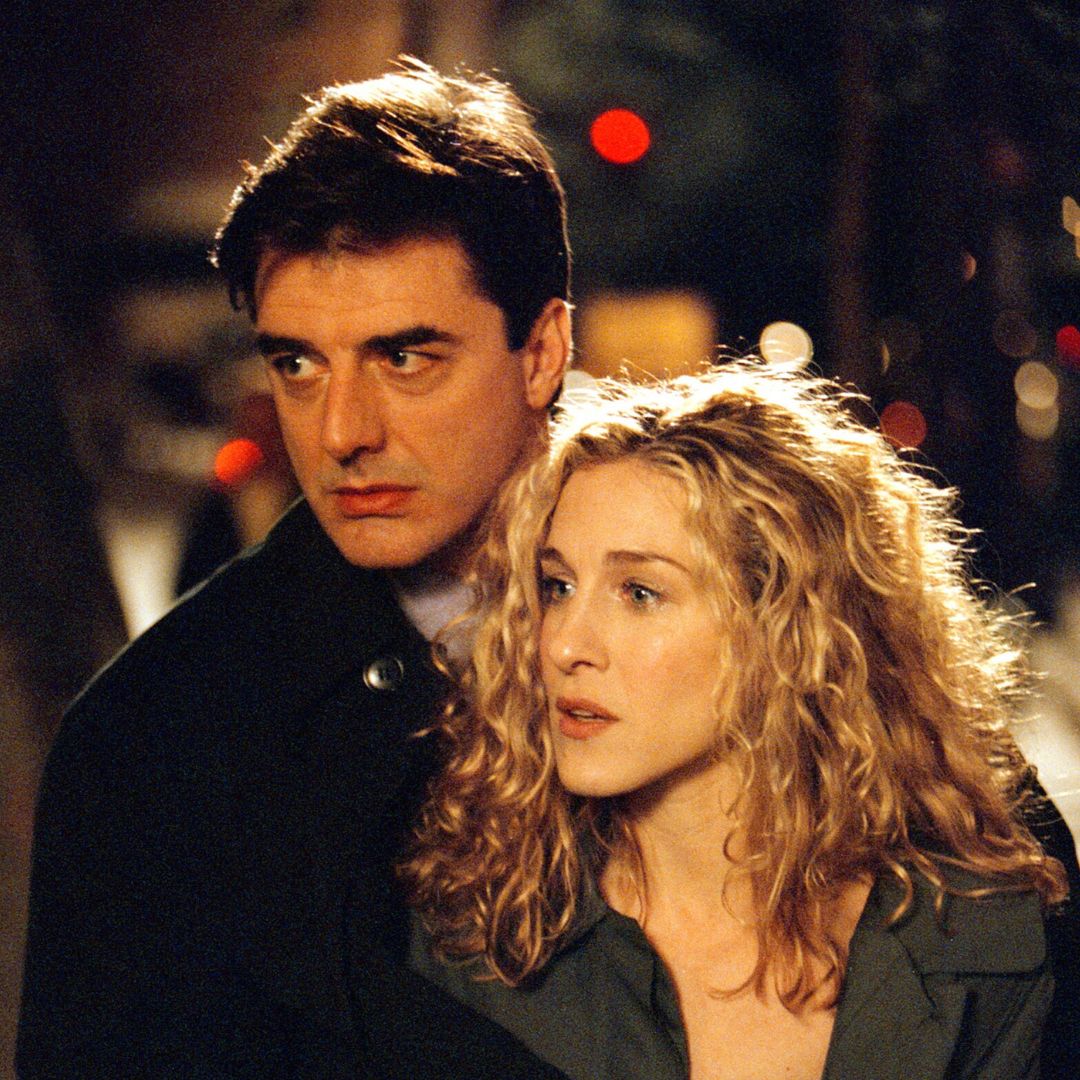 Two Hollywood actresses were offered the role of Carrie Bradshaw before Sarah Jessica Parker
Two Hollywood actresses were offered the role of Carrie Bradshaw before Sarah Jessica ParkerBy Jenny Proudfoot
-
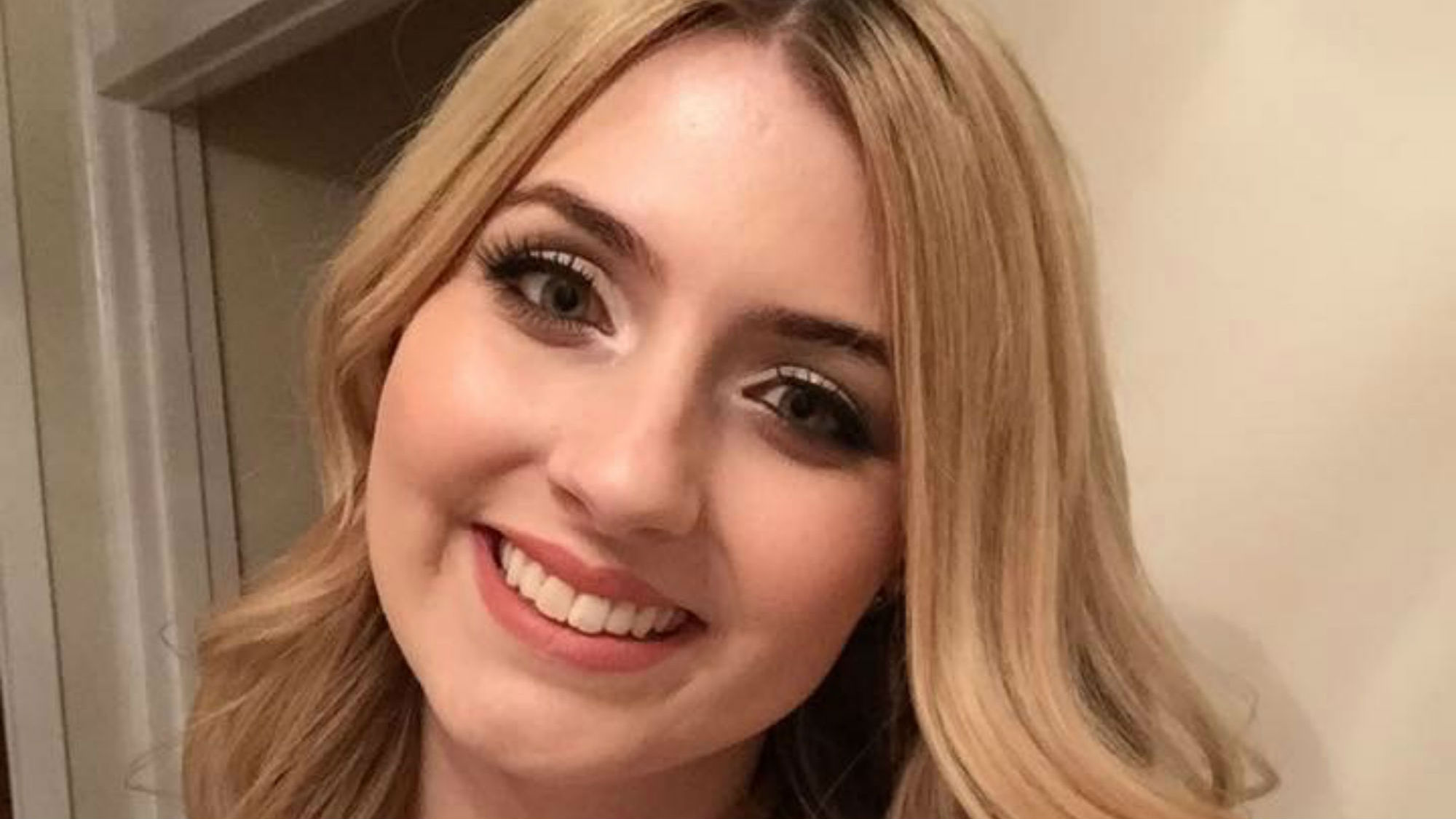 'I was only 24 and had no symptoms' - read one woman's shocking cervical cancer diagnosis
'I was only 24 and had no symptoms' - read one woman's shocking cervical cancer diagnosisThis Cervical Cancer Prevention Week, read Stephanie Varden's powerful story - from chemo to seemingly having the all-clear
By Olivia Adams
-
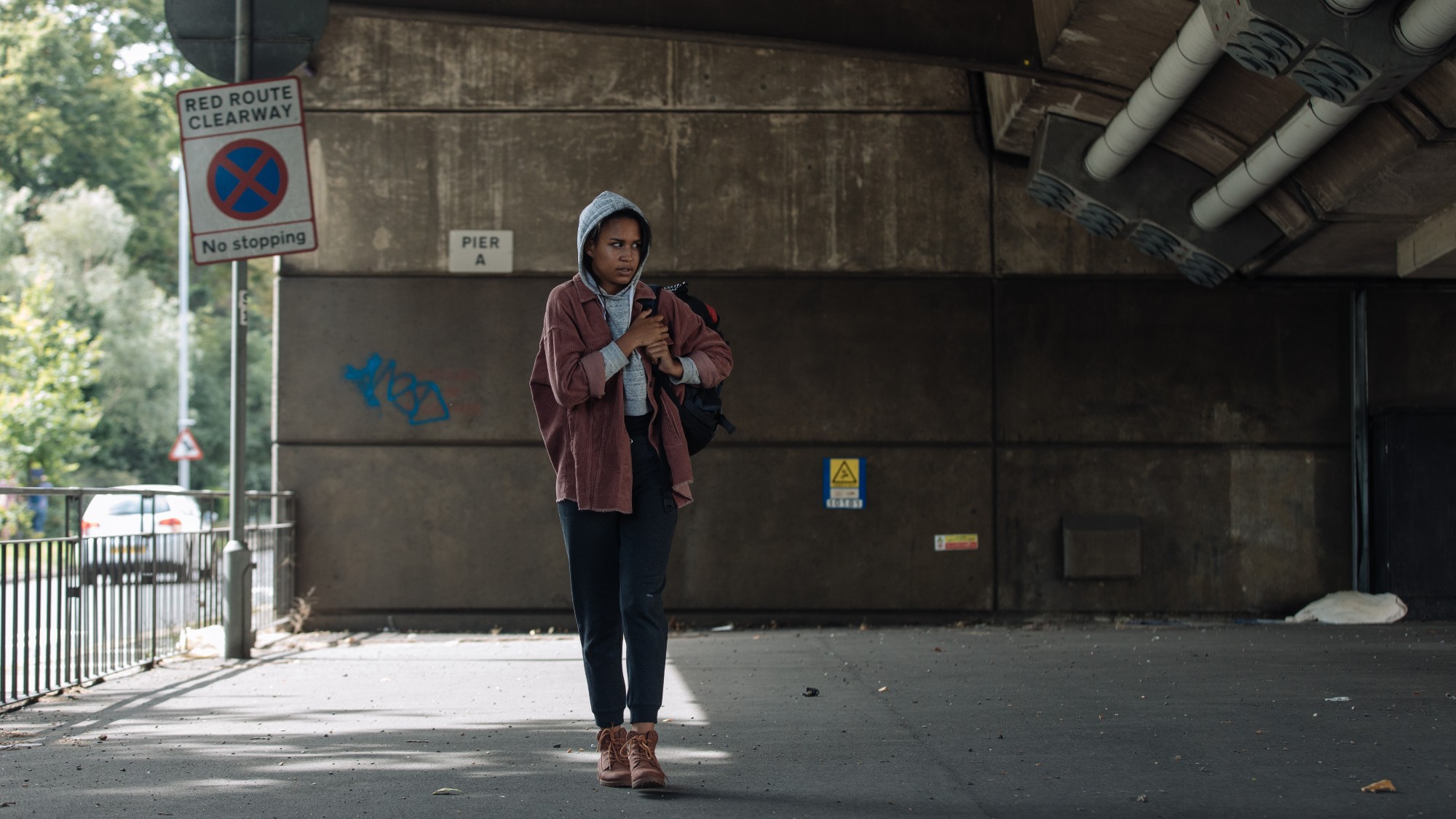 23,000 young people face homelessness this Christmas – here's how you can help with Centrepoint
23,000 young people face homelessness this Christmas – here's how you can help with CentrepointThis Christmas, Marie Claire has joined forces with Centrepoint to bring to light the homelessness crisis among young women.
By Marie Claire
-
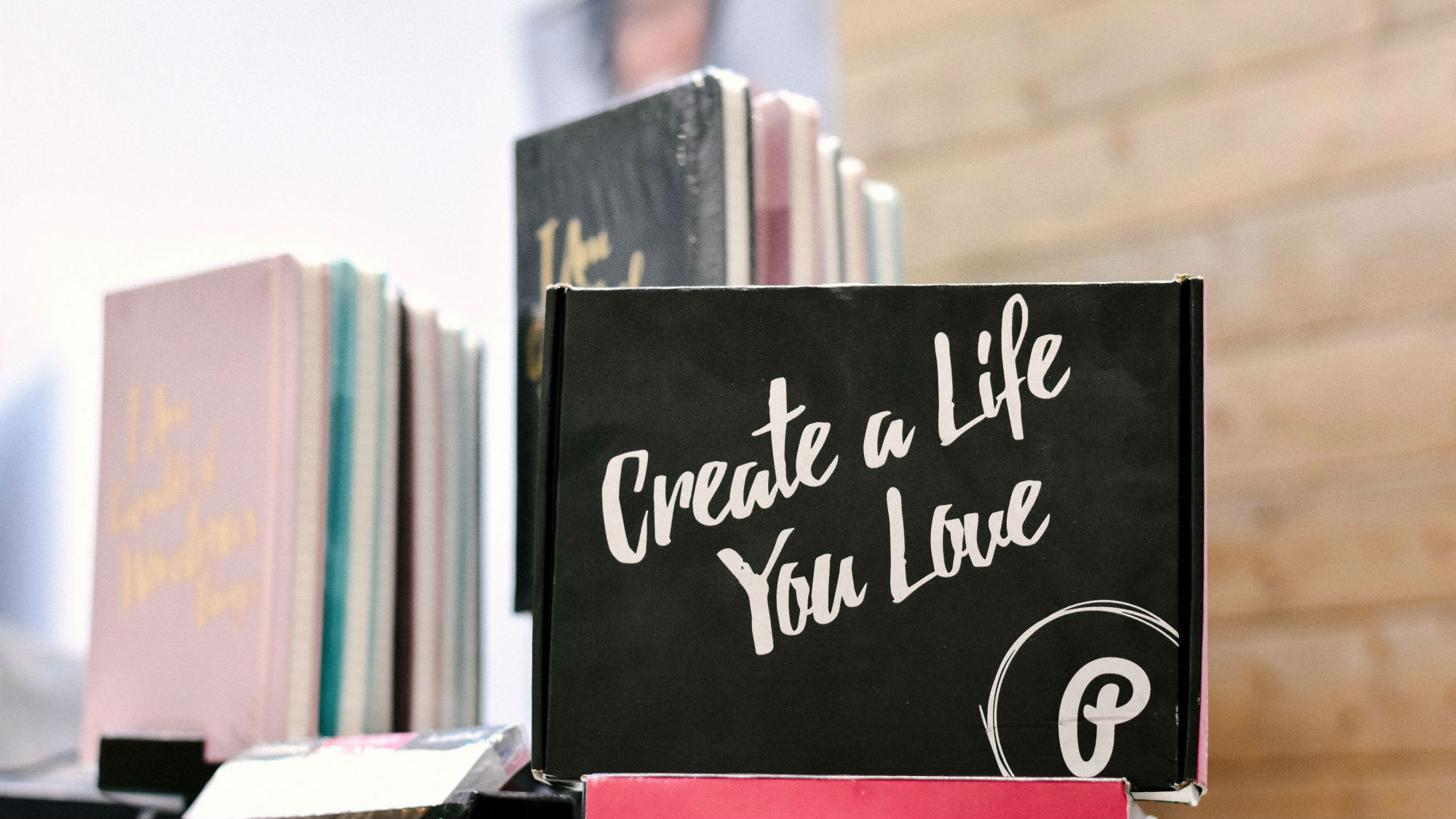 What it's really like to be a 24-year-old model…And HIV positive
What it's really like to be a 24-year-old model…And HIV positiveTo mark World AIDS Day, we spoke to 24-year-old model, art student and beauty queen Horcelie Sinda, who was diagnosed as HIV Positive as a child. This is her story...
By Olivia Adams
-
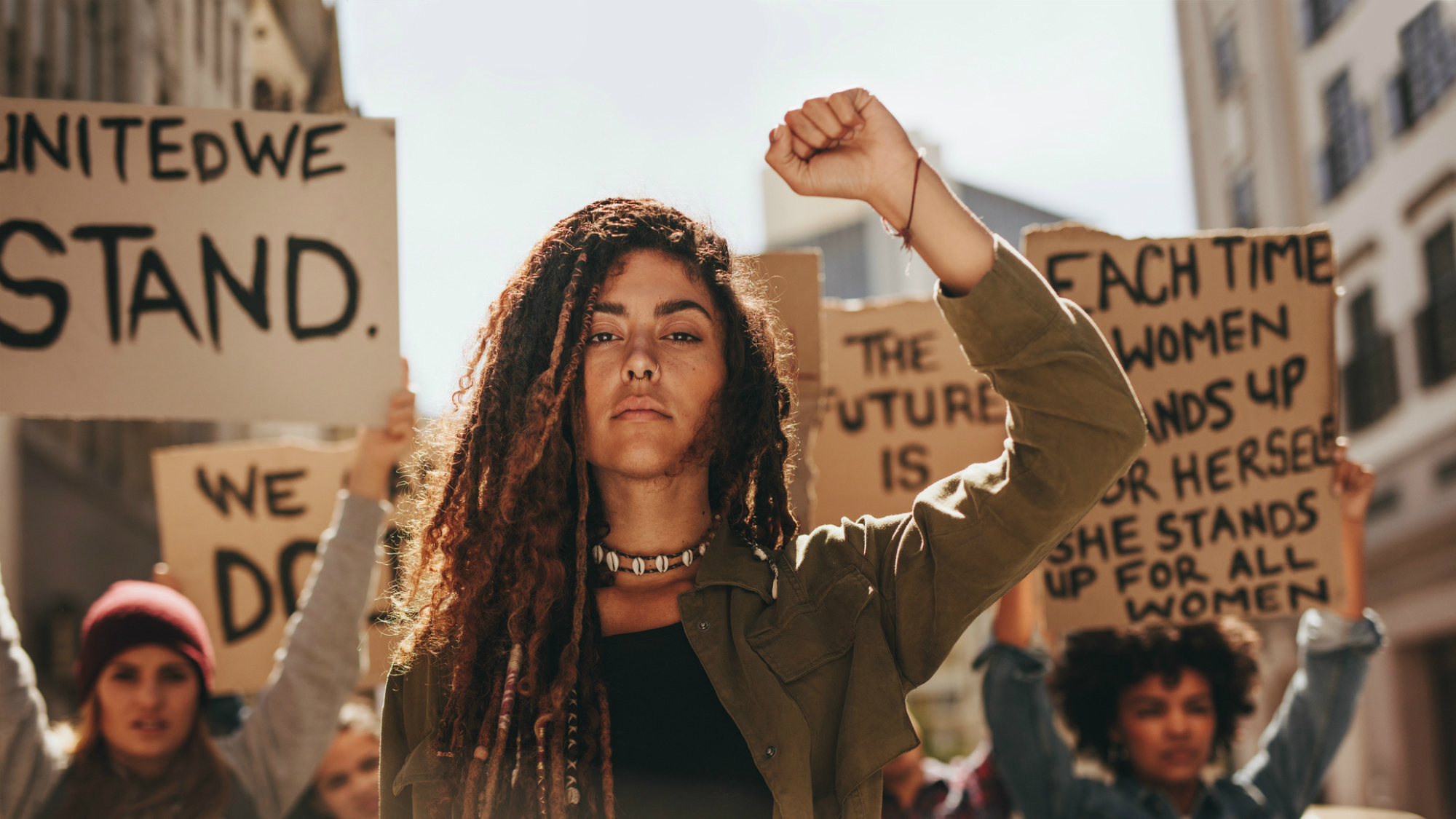 I May Destroy You: sexual assault survivors have a few things to say
I May Destroy You: sexual assault survivors have a few things to sayI May Destroy You, Michaela Coel's extraordinary drama of the year, has triggered many to speak out about their traumatic experiences. Lizzy Dening asks survivors what they want you to know – and how to help
By Lizzy Dening
-
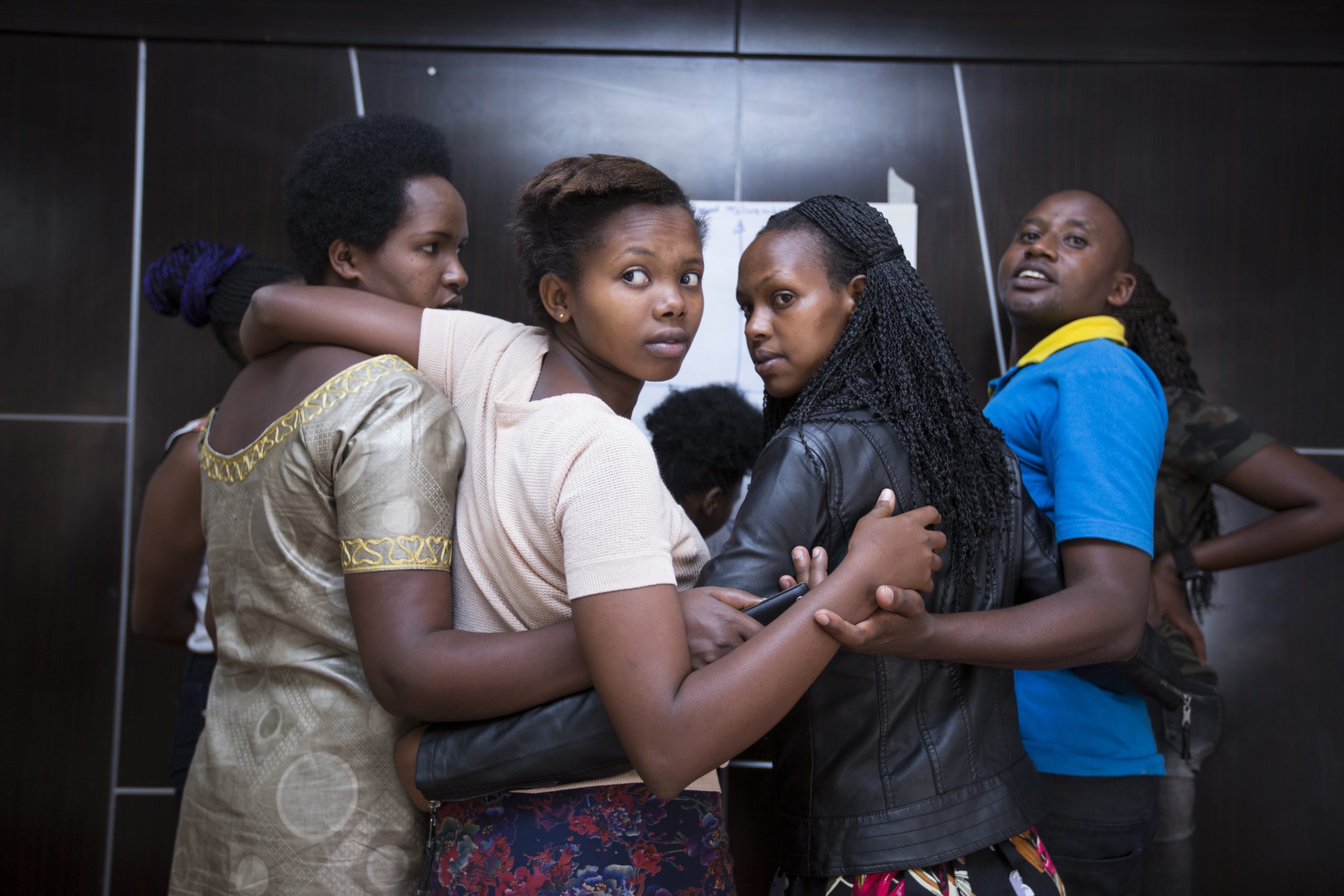 World Refugee Day: girls tell us their vision for the future
World Refugee Day: girls tell us their vision for the future150 girls caught up in humanitarian crises around the world reveal what change they want to see
By Olivia Adams
-
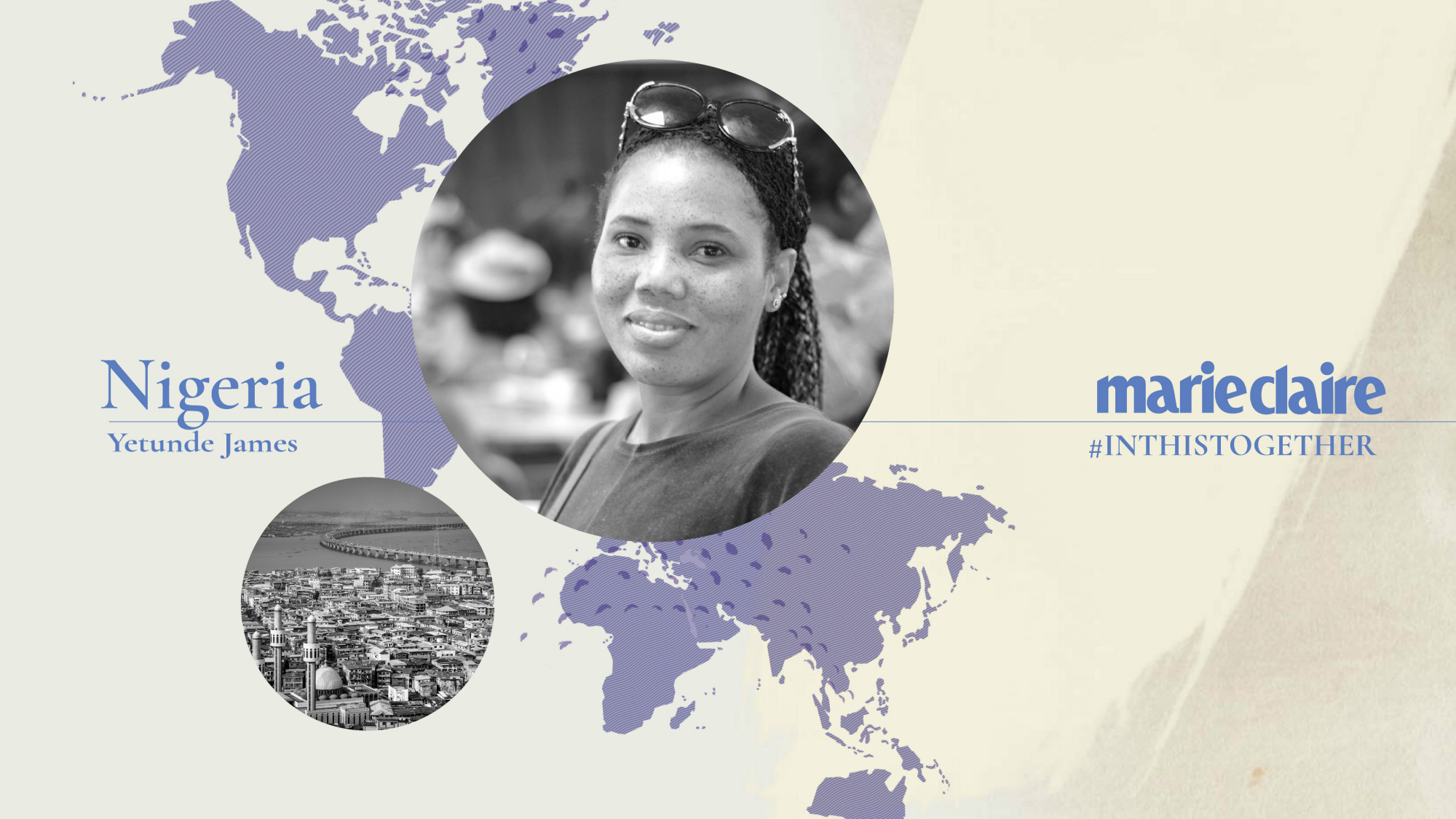 Covid-19 Global Diaries: 'I'm a refugee in London and people like me are dying'
Covid-19 Global Diaries: 'I'm a refugee in London and people like me are dying'Fleeing persecution in Nigeria, Yetunde James arrived in the UK with dreams of a new and safe life. But coronavirus has taken her friends, put her life in danger and her plans to build a bright future on hold
By Maria Coole
-
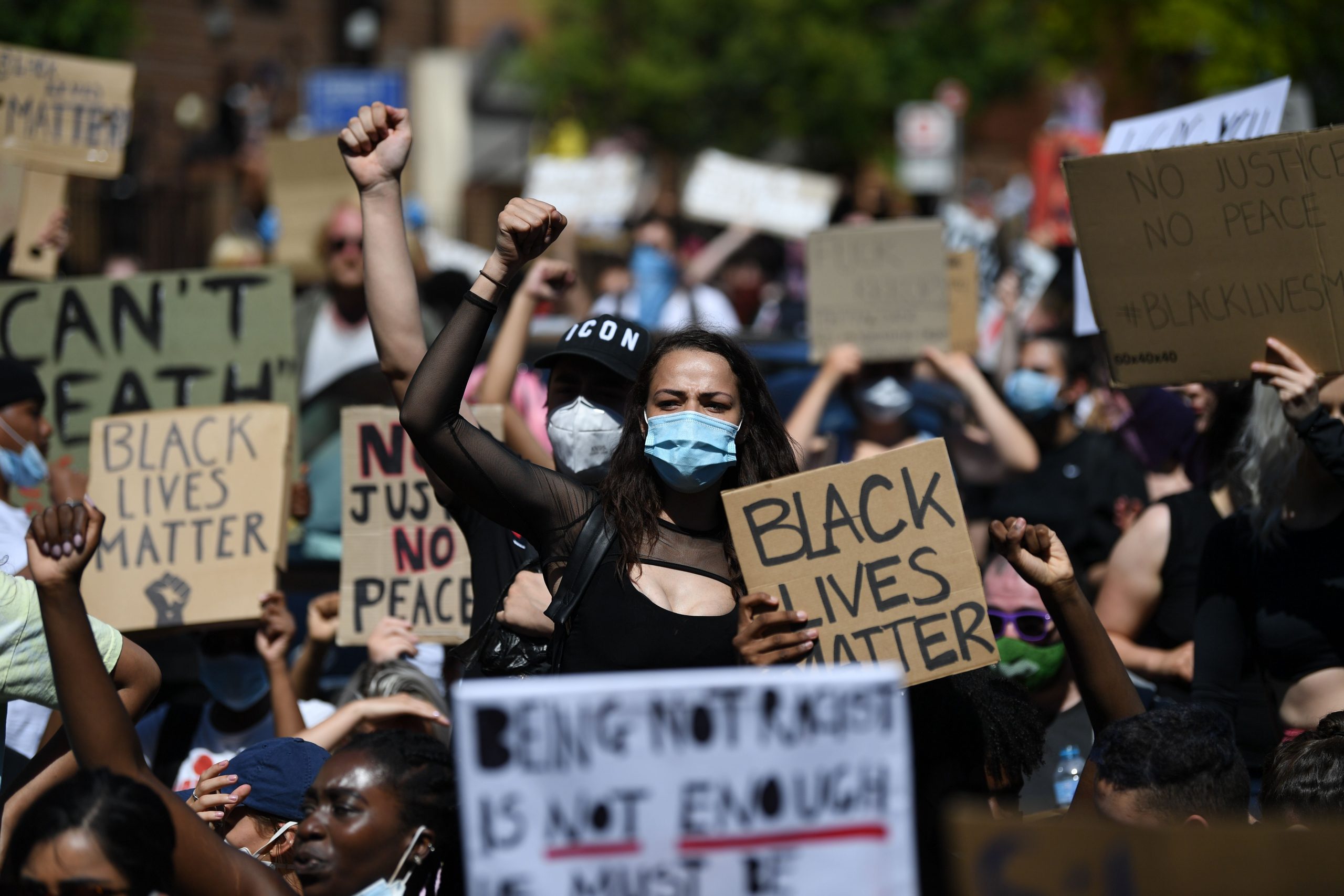 We all have a part to play in making lasting change after George Floyd’s brutal killing
We all have a part to play in making lasting change after George Floyd’s brutal killingBy Jenny Proudfoot
-
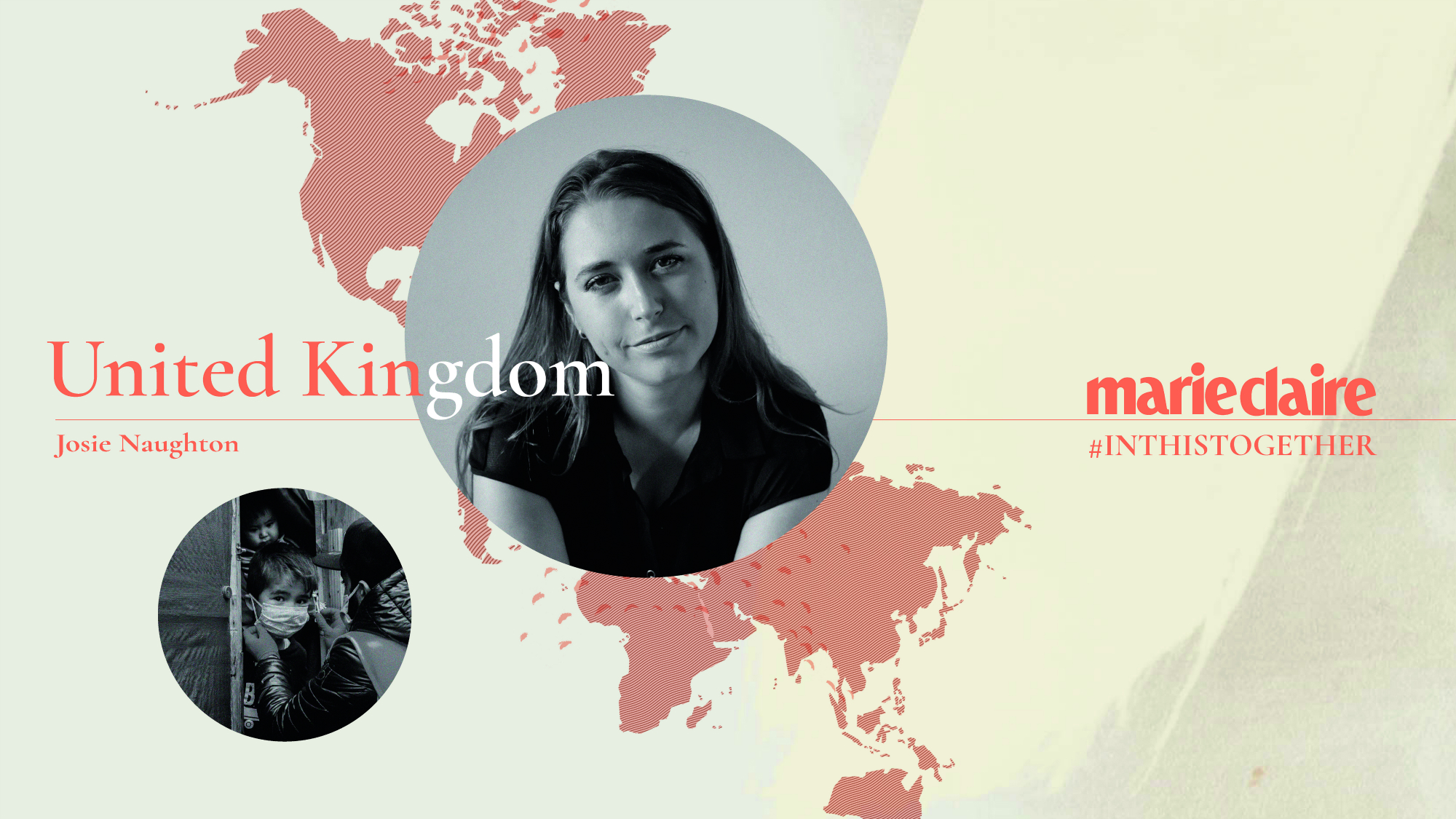 COVID-19 Global Diaries: 'The virus is breaking out in camps and refugees are at terrible risk'
COVID-19 Global Diaries: 'The virus is breaking out in camps and refugees are at terrible risk'Josie Naughton, co-founder and CEO of Help Refugees, works tirelessly with her global team to protect the forgotten people of the pandemic - the refugees left exposed and vulnerable
By Marie Claire